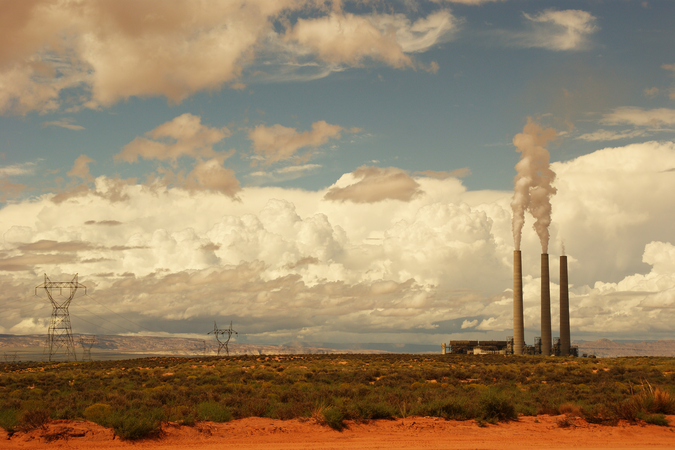Wheels of Fortune: Subway Expansion and Property Values in Beijing
DownloadChina is experiencing rapid urbanization. Its capital city, Beijing, experienced a 53 percent increase in population from 2001 to 2013. To address traffic congestion and air pollution, two of the most pressing urban challenges, Beijing has been investing heavily in transportation infrastructure. In particular, the subway system added 15 new subway lines with a total length of 410 km over a 12-year period. We quantify the capitalization of large-scale subway construction into property values in a first-differenced hedonic price framework while controlling for confounding factors and reverse causality. Our analysis finds a positive and significant impact of subway proximity on property values: a reduction in the distance to a subway station by 1 km increases the value of properties within 3 km of the station by 15 percent, and by 3.4 percent for properties within 3 to 5 km. Our analysis shows that the increase in property values can more than cover the capital cost of subway construction.






